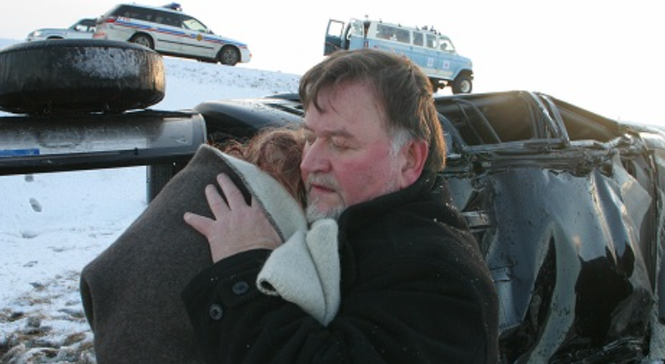
Just over a year after the adoption of the EU HNS Guidelines by the EU Civil Protection Committee in 2012, six National Societies launched projects to review their countries’ implementation of these and the IDRL Guidelines. The projects are in part a follow-up to the 2009-2010 study ‘Analysis of Law in the EU and a Selection of Member States pertaining to Cross-Border Disaster Relief’, extending the research base to six new countries and updating it to take account of the HNS Guidelines and measures taken to implement them.
The National Societies, Icelandic, Irish, Italian, Finnish, Latvian, and Polish Red Cross, have each conducted extensive legal review and consultations to assess their country’s legal preparedness for international disaster response. Over the coming months, each will host a national workshop with relevant government stakeholders to further explore the study findings and recommendations.
In late October, representatives from each country project and civil protection authorities met in Dublin. The mid-term meeting was an opportunity to look at the study findings thus far and to share experience across countries. Despite the countries’ very different risk profiles and institutional arrangements several common challenges were identified. Among these were strict restrictions on the entry of search dogs and reliance on (often inconsistent) bilateral arrangements for disaster assistance.
The mid-term meeting also offered an opportunity to advance planning for the two table-top exercises that the National Societies and civil protection authorities will conduct next spring to test existing procedures for sending and receiving international assistance.
Five of the six country projects (Iceland, Ireland, Finland, Latvia, Poland) are coordinated by Icelandic Red Cross and supported by the European Commission Humanitarian Aid and Civil Protection. The Italian project is managed by the Italian Red Cross with the support and cooperation of the Italian Civil Protection Department and the International Disaster Law Project and is separately funded by the Italian Government. The study findings and recommendations will be presented at a workshop in Brussels in September 2014.
The Disaster Law Programme provides technical support and is a member of the steering committee.